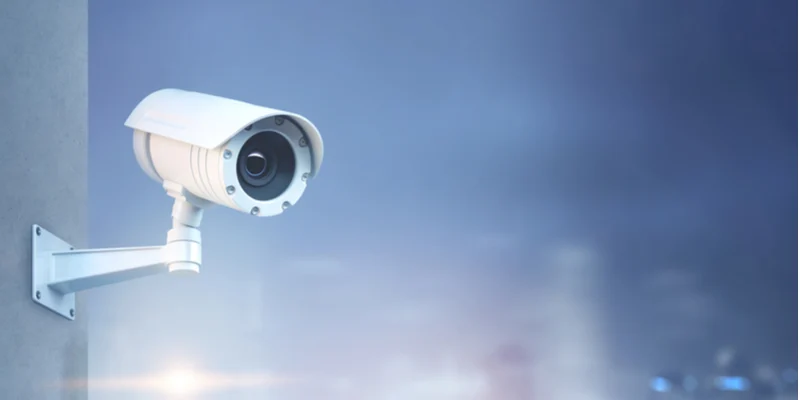In today’s world, the role of CCTV cameras in crime prevention and public safety cannot be overstated. These surveillance systems are increasingly being deployed in both public and private spaces to deter crime, assist in investigations, and enhance the overall sense of security. This article explores how CCTV cameras contribute to crime prevention and public safety, focusing on their effectiveness, best practices for implementation, and their broader societal impacts.

Enhancing Crime Deterrence with CCTV Cameras
One of the primary roles of CCTV cameras in crime prevention is deterrence. Systems of visible surveillance are an effective way to discourage would-be offenders. The mere presence of cameras can discourage unlawful activities such as theft, vandalism, and even more serious crimes. Studies have shown that areas under surveillance experience a significant reduction in crime rates, particularly in public spaces like shopping centers, parking lots, and streets.
Assisting Law Enforcement in Crime Solving
CCTV cameras play a critical role in helping law enforcement agencies solve crimes. High-quality footage from these cameras can provide crucial evidence that helps identify suspects, corroborate witness testimonies, and piece together the sequence of events. This makes CCTV footage invaluable in criminal investigations and legal proceedings. For instance, the footage from surveillance cameras was instrumental in solving the 2011 London riots, where it helped police identify and arrest hundreds of offenders.
Improving Public Safety Through Surveillance
In addition to preventing crime, CCTV cameras greatly enhance public safety. They monitor high-traffic areas, ensuring rapid response in emergencies such as accidents, medical crises, or natural disasters. In urban areas, city planners and law enforcement use camera footage to manage crowd control during large events, enhance traffic flow, and ensure public gatherings are safe.
Furthermore, integrating CCTV systems with advanced technologies like facial recognition and artificial intelligence enhances their capability to identify threats, ensuring proactive measures can be taken preemptively.
Best Practices for Implementing CCTV Cameras
To maximize the effectiveness of CCTV cameras in crime prevention and public safety, it is essential to follow best practices in their implementation:
- Strategic Placement: Position cameras in high-risk areas where they can cover the most ground and capture clear footage. This includes entrances, exits, and areas with high foot traffic.
- Regular Maintenance: Ensure cameras are regularly checked and maintained to avoid malfunctions. Clean lenses and check for obstructions that may hinder the camera’s view.
- High-Quality Equipment: Invest in high-resolution cameras and reliable storage solutions. High-definition footage is crucial for identifying details that may be vital in an investigation.
- Data Protection: Implement robust data protection policies to safeguard recorded footage from unauthorized access. This includes using encrypted storage solutions and restricting access to authorized personnel only.
- Legal Compliance: Ensure that the use of CCTV cameras complies with local laws and regulations regarding surveillance and privacy. Informing the public about the presence of cameras can also help maintain transparency and trust.
Societal Impacts of CCTV Surveillance
While the benefits of CCTV cameras in crime prevention and public safety are clear, it is important to consider their broader societal impacts. Privacy concerns are a significant issue, as extensive surveillance can be perceived as invasive. Balancing the need for security with the right to privacy is crucial. Transparent policies and public consultations can help address these concerns, ensuring that surveillance measures are both effective and respectful of individual rights.
Additionally, CCTV cameras can foster a greater sense of security among the public, which can enhance community well-being. Knowing that areas are monitored can reduce fear of crime, encouraging people to engage more freely in their communities. Read More About What Is Considered The Best Home Camera Security System? Top 5 Picks
Conclusion
CCTV cameras are indispensable in modern crime prevention and public safety strategies. By deterring criminal activities, aiding law enforcement, and improving overall public safety, these systems have repeatedly proven their worth. However, their implementation must be thoughtful and balanced, ensuring that security measures are effective while respecting individual privacy rights. As technology advances, the role of CCTV cameras will undoubtedly continue to evolve, offering even greater benefits to society.